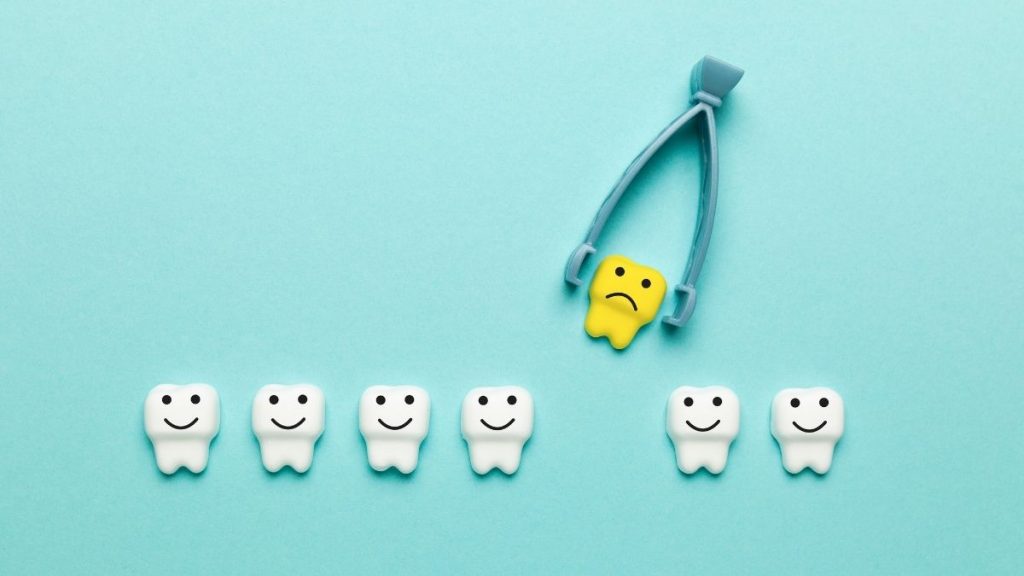The Oral Care Needs After Tooth Extraction

According to reports from the dental sector, 20 million people have at least one tooth extracted each year in America. Some of those procedures are fairly simple. They only require using the right tools and a little extra force to pull damaged or decayed teeth. In other cases, teeth may need to be surgically extracted, which requires a bit more finesse and precision. Regardless of the complexity of the procedure, certain aftercare instructions should be followed.
Eat the Right Foods
One measure people should take after a tooth extraction is eating soft foods for the first few days. Some of the best foods to eat after a tooth extraction are broths, soups, and smoothies. Mashed potatoes, yogurt, and other soft foods are also recommended. Crunchy foods and those with excess spice could irritate the extraction site, so they should be avoided.
Hard foods could also dislodge the essential blood clot that forms in the extraction site. This is a condition known as dry socket. It exposes bone and sensitive nerves and can be extremely uncomfortable. Avoid drinking through a straw as well to help prevent dry socket.
Control the Bleeding
After the extraction, your dentist will provide gauze pads to place in the extraction site and bite down on. This gentle pressure helps to control bleeding and promotes blood clot formation, which is essential for proper healing. Change the gauze regularly to help keep the extraction site clean and free of germs.
Avoid Smoking and Alcohol
Avoiding smoking and alcohol consumption after a tooth extraction is likewise important. Smoking, like drinking through a straw, could interfere with the blood clot in the extraction site and lead to dry socket. Alcohol may irritate the wound and slow the clotting process. It also thins the blood, which may cause excessive bleeding. Both smoking and alcohol consumption are believed to hinder the healing process.
Maintain Oral Care and Hygiene
Even after having a tooth extracted, keeping up with routine oral hygiene is crucial. Continue brushing and flossing as usual. When brushing your teeth after an extraction, though, be particularly gentle around the extraction site. Avoiding flossing around the extraction site is advised as well. You’ll likely be instructed to rinse your mouth with warm saltwater following an extraction to help with healing and reduce the risk of infection.
Managing Pain
Experiencing discomfort or outright pain after a tooth extraction is normal. Over-the-counter pain medications, like acetaminophen or ibuprofen, can help ease the pain. Your dentist may prescribe stronger painkillers as well.
Avoid Overly Strenuous Activities
Another measure to take after a tooth extraction is avoiding overly strenuous activities. Those include heavy lifting and vigorous exercise. Both may exacerbate bleeding. They may potentially cause you to place excessive strain on the extraction site, too, which could lead to dry socket as mentioned previously.
Taking Care of Yourself After a Tooth Extraction
Having a broken or decayed tooth can be incredibly painful. An extraction can provide much-needed relief from that level of misery, but following your dentist’s aftercare instructions is essential. Bite down on gauze to help control the bleeding, and change out the gauze as needed. Maintain your oral care regimen, but be careful around the extraction site. Avoid smoking, alcohol, straws, and strenuous activities, and be sure to stick to a soft diet for at least a few days. Along the way, keep an eye out for signs of infection, like increased pain and swelling at the extraction site, and contact your dentist immediately if those symptoms arise.








